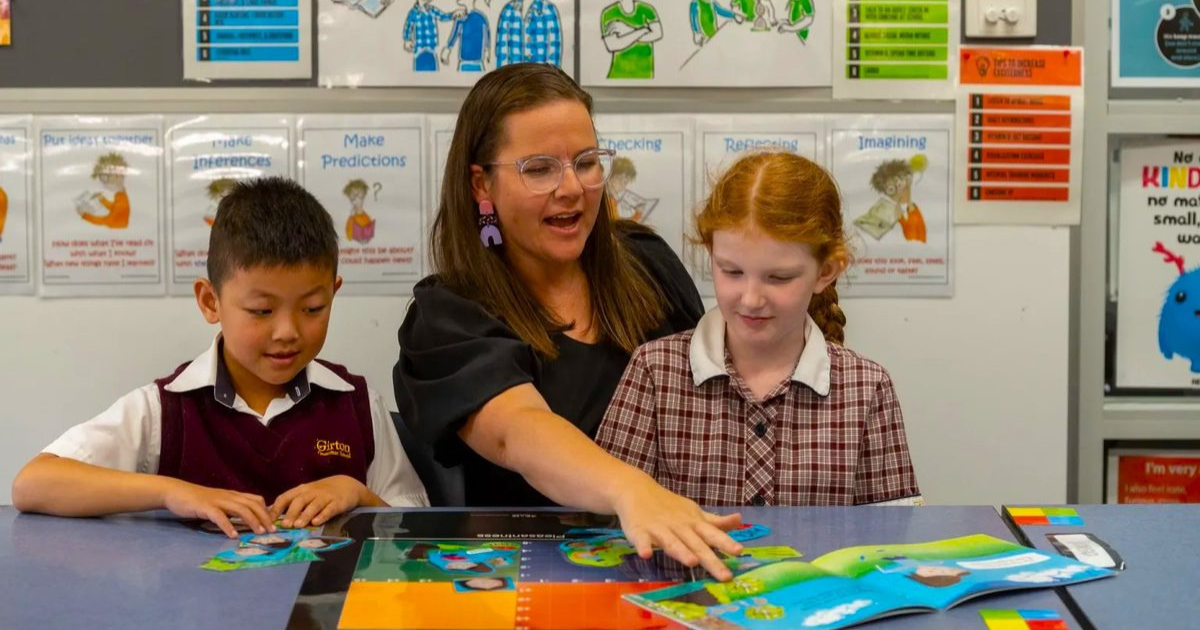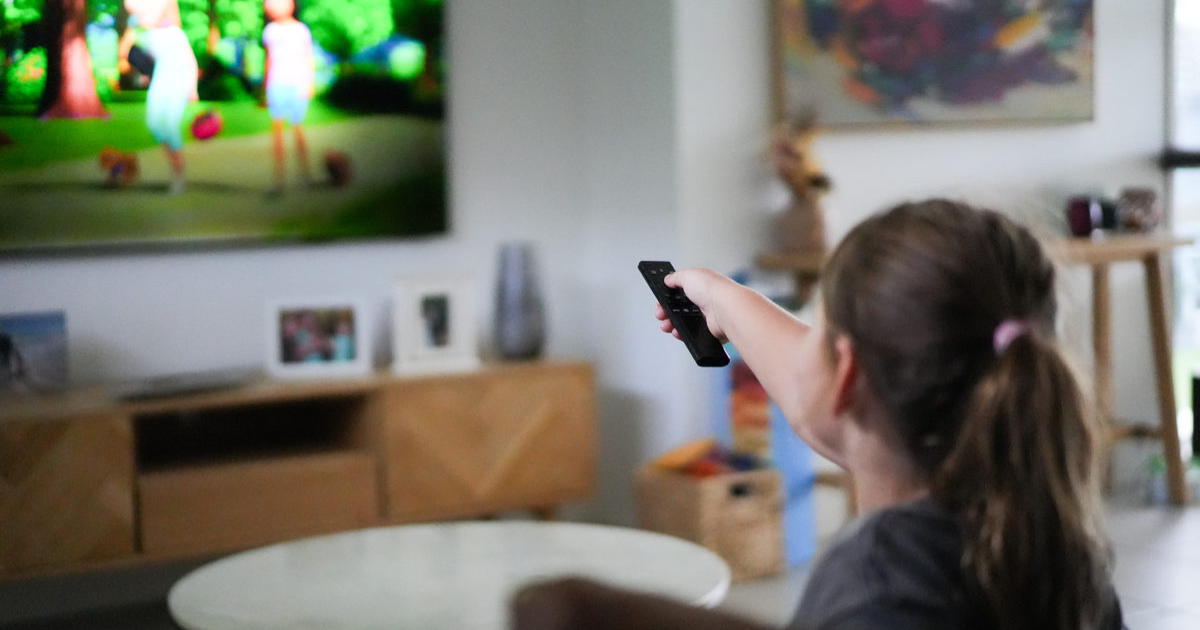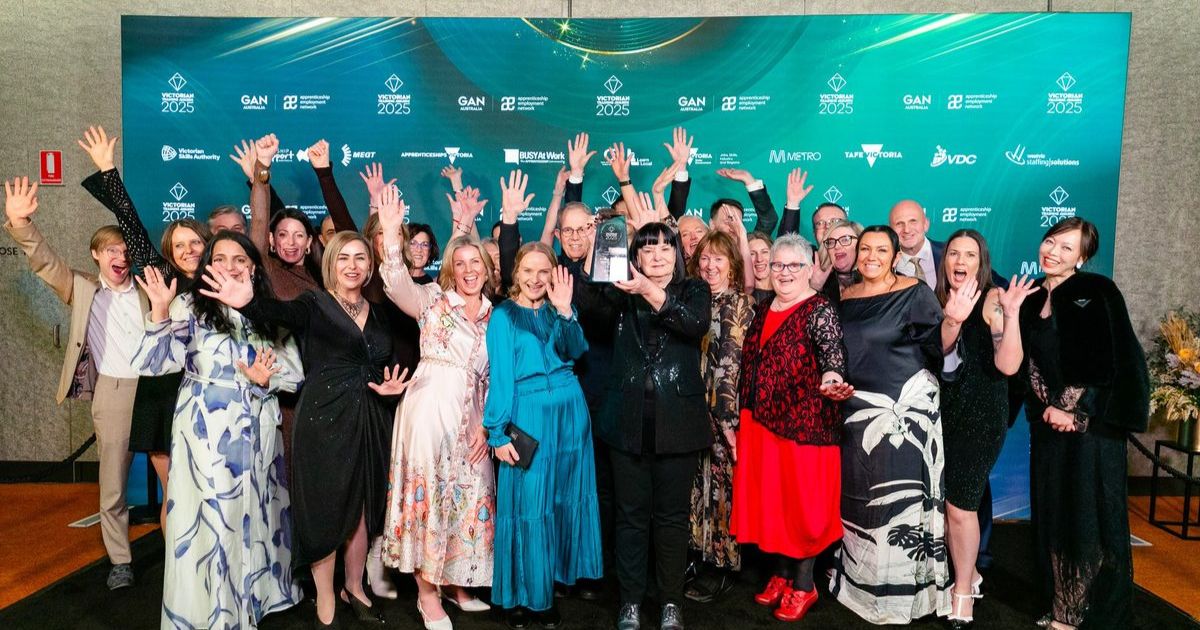Health crisis changes Bindi’s outlook on diabetes

New outlook: Bindi Sunderland uses a constant glucose monitor to keep her Type 2 diabetes under control. Photo: SUPPLIED
COMPLICATIONS after ankle surgery and the prospect of losing a leg changed everything for Queensland woman Bindi Sunderland.
It was during a trip to Bendigo that things went awry when stitches from a cyst removal procedure broke and Ms Sunderland’s ankle became infected.
But she credits the help she received from Bendigo Health with averting disaster and changing her approach to managing her Type 2 diabetes.
Ms Sunderland now wants to use her experience to help change attitudes about diabetes in her own Aboriginal community.
For 15 years, Ms Sunderland felt she was “in hiding” because of her diagnosis and did not want to ask for help.
It was only when the post-operation issue demanded action that she said she relented and reached out.
“I’m the type of person who won’t ask for help because I want to do it on my own, but with this I had to,” Ms Sunderland said.
“I know there’s a lot of people in the Aboriginal and Torres Strait Islander community that do the same thing, but it needs to change.”
Ms Sunderland admitted that despite a blood test confirming her Type 2 diagnosis, she simply wasn’t in the right headspace to make changes. “I didn’t have it under control; I was in denial,” she said. “I was doing whatever I wanted whenever I wanted.
“I went on tablets about six months after and that helped a bit, but it still wasn’t under control.
“I know I should have got help sooner, but it wasn’t until there was a chance I may need my leg amputated that I got it under control.”
Faced with the infection while in Bendigo, Ms Sunderland made several visits to Bendigo Health and ultimately had the issue resolved, with her leg intact.
But the scare forced her to seriously consider her health decisions. “I know there’s a lot of stories about when you’re dealing with diabetes; if things aren’t taken care of, you can lose limbs and that got to me,” she said. “I was so scared of losing my leg.”
Ms Sunderland consulted a diabetes educator and now “religiously” takes her medication and insulin every morning, while keeping track of her levels with a continuous glucose monitor.
Bendigo Health diabetes educator Wendy Collins, who worked with Ms Sunderland, said it was important for patients to monitor regularly and also keep up their education on the condition.
Maximising glucose control improved overall health outcomes as did liaising with health services as much as possible, she said.
“Bindi has good goals that go towards improving her health and that’s so important,” Ms Collins said.
Information about Bendigo Health’s diabetes education service and options available for patients is available at bendigohealth.org.au/DiabetesEducationService.


















